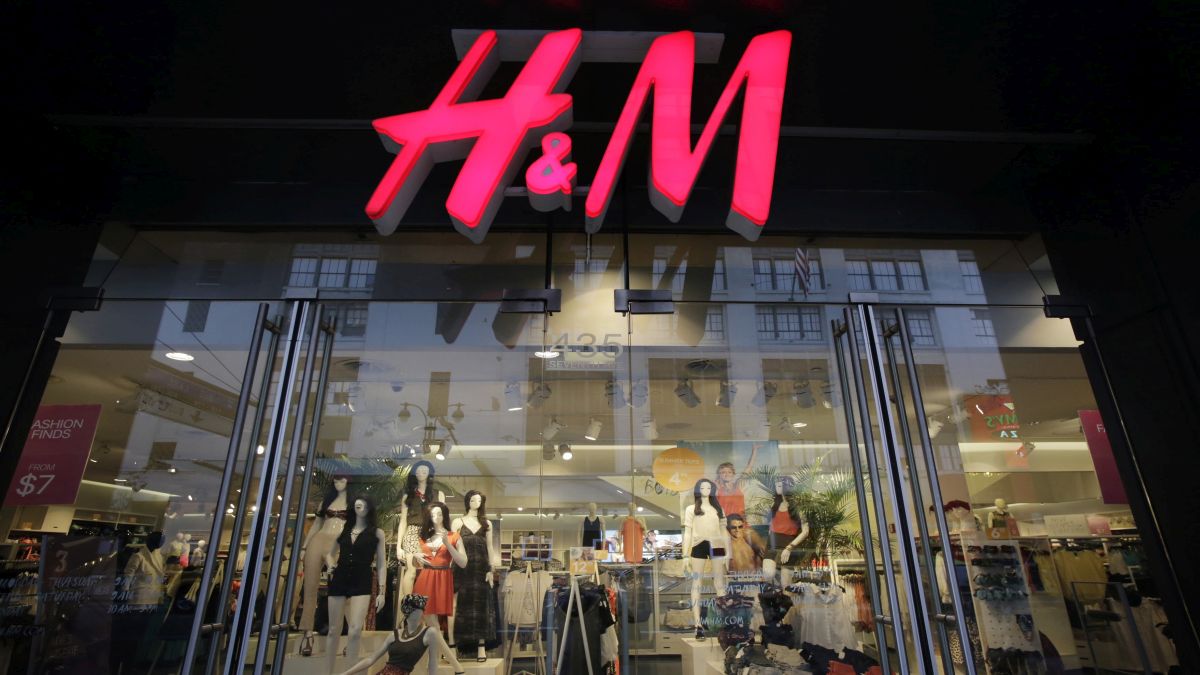Are Zara and H&M trousers, shorts, shirts and socks leaving a trail of environmental destruction before they reach the stores? According to a recent investigation by the UK-based NGO Earthsight, these two major fashion brands have been linked to deforestation in Brazil. They have also been accused of land grabbing, corruption, and violence in the South American country.
Here’s what we know.
Deforestation links of H&M and Zara
The UK-based NGO conducted a year-long investigation to uncover the link between crops in Brazil, the world’s fourth-largest cotton producer, and European brands. They analysed satellite images, shipping records, and public archives, as well as visited producing regions to track the journey of 8,16,000 tonnes of cotton.
According to the investigation’s findings, these estates are owned by Brazil’s wealthiest families and have a history of environmental violations, corruption, and court fines related to the clearance of approximately 100,000 hectares of the Cerrado wilderness, a vital ecosystem that covers a quarter of Brazil’s landmass and is home to five per cent of the world’s biodiversity, as per a report in Frontline.
The report, titled Fashion Crimes, found the companies sourced “tainted cotton” farmed in the fragile Cerrado savanna by two of Brazil’s biggest agribusiness firms, SLC Agricola and the Horita Group.
Despite abuses linked to its production, the cotton had been labelled as ethical by leading certification scheme Better Cotton, exposing “deep flaws” in the oversight program, said the British environmental group.
The Cerrado, the most biodiverse savanna on Earth, has been disappearing at an accelerating rate as Brazil’s massive agribusiness industry has increasingly turned to the region in recent decades.
Impact Shorts
More ShortsEarthsight traced at least 816,000 tonnes of cotton exported from 2014 to 2023 to farms run by SLC and Horita, which “have a long record of court injunctions, corruption rulings and millions of dollars in fines related to clearances of around 100,000 hectares of Cerrado wilderness,” the report said.
The findings suggest that the traditional communities in the Cerrado have suffered immensely, facing land theft, violence and dispossession by powerful estate owners.
Response to the alleged claims
The cotton in question was farmed in the northeastern state of Bahia and shipped to eight Asian clothing manufacturers whose clients include Sweden-based H&M and Spain-based Zara, the report said.
Brazil, the world’s top exporter of beef and soybeans, has also emerged as a major cotton producer in recent years, now second only to the United States.
But that has contributed to environmental destruction in the Cerrado, where “a ruinous mix of corruption, greed, violence and impunity has led to the blatant theft of public lands and dispossession of local communities,” Earthsight said.
Better Cotton said in a statement it had conducted an independent audit of the “highly concerning issues raised” in the report, and that it would provide a summary of the findings.
Zara parent company Inditex and H&M said they took the allegations seriously, and urged Better Cotton to release the auditors’ findings.
The Brazilian Cotton Producers’ Association (ABRAPA) said it had worked with the growers in question to provide records and evidence countering the report’s allegations.
“Unfortunately, these were largely disregarded,” it said in a statement.
“ABRAPA unequivocally condemns any practices that undermine environmental conservation, violate human rights or harm local communities.”
With inputs from AFP
)